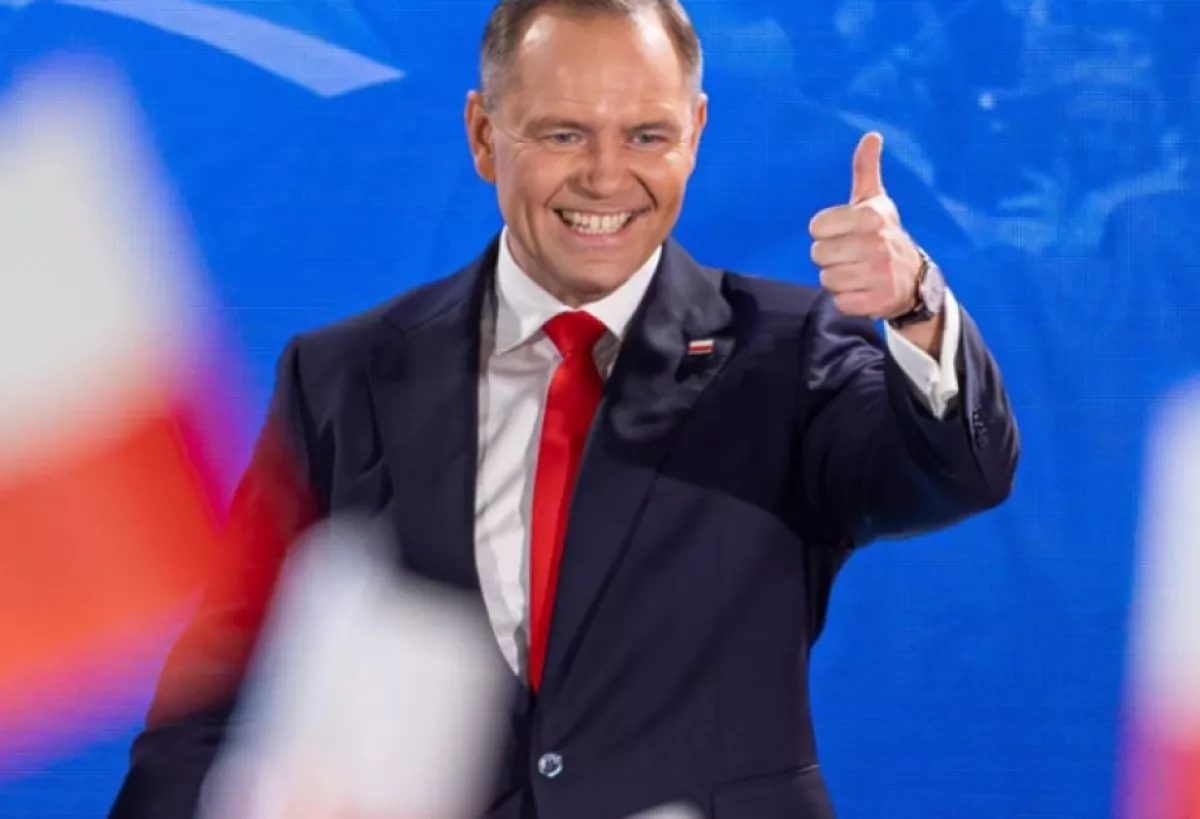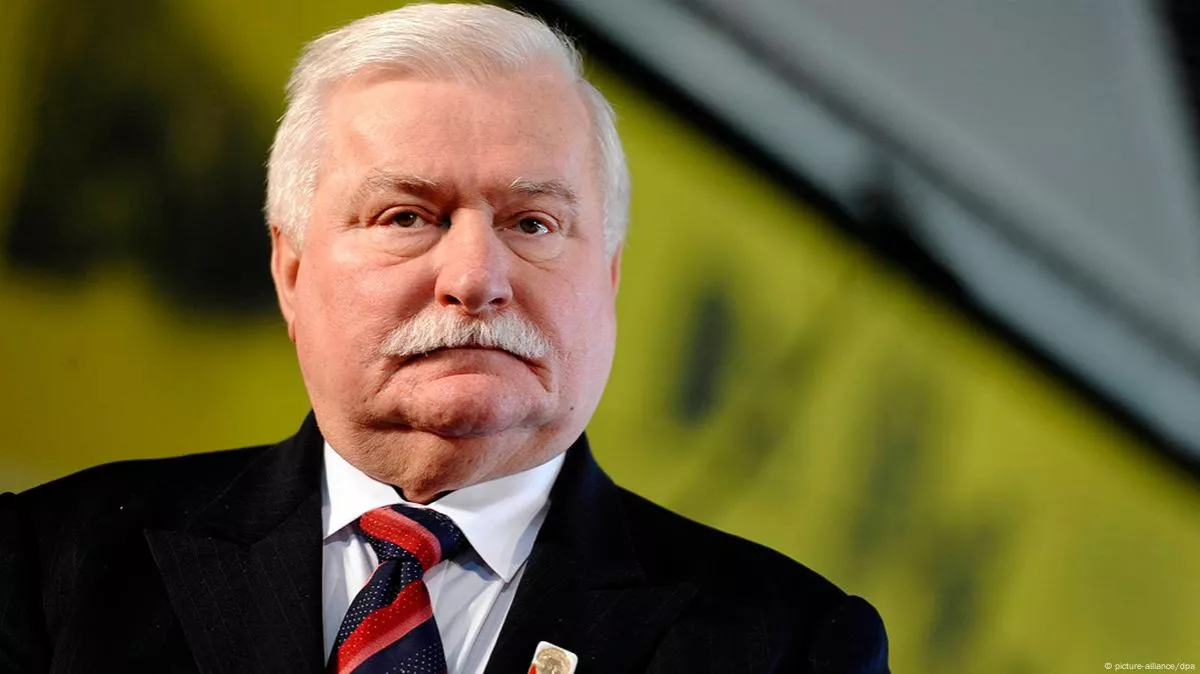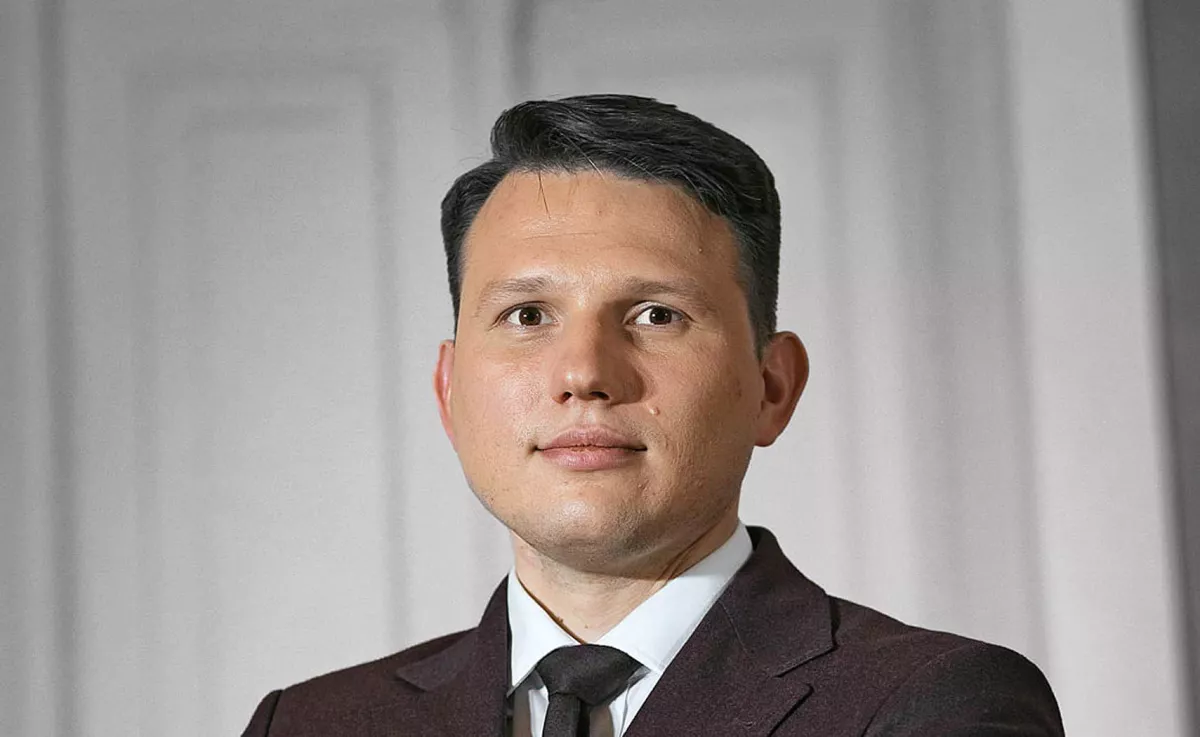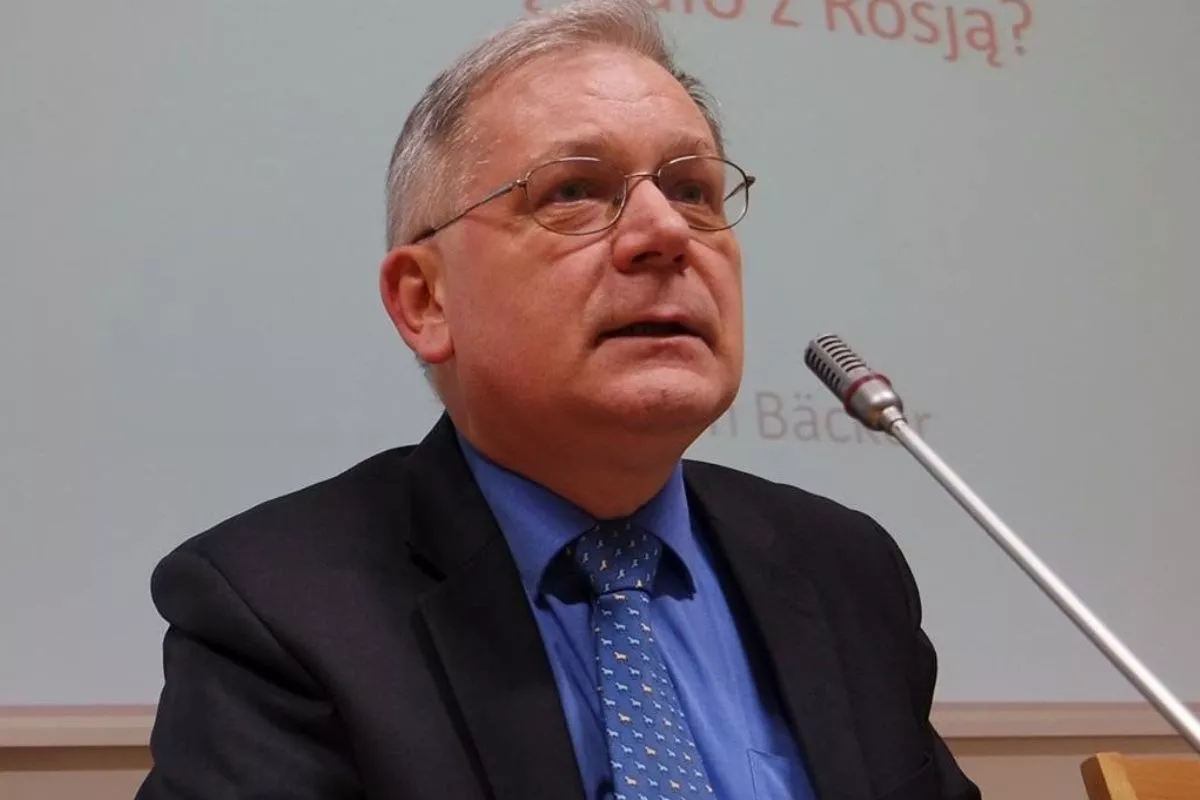Polish winter comes in summer Experts decode Nawrocki’s victory
A right turn in Warsaw. Karol Nawrocki — a conservative opposed to migrants, Brussels, and Kyiv — has won. The new president promises a "patriotic Poland" and a tough course.

According to political analysts, his victory will lead to increased tensions in Poland’s relations with the European Union and Ukraine. Nawrocki is sceptical of Brussels and Kyiv, opposes Ukraine’s NATO membership and accelerated Eurointegration.
He is expected to limit the government’s room for manoeuvre in foreign policy. According to the constitution, the Polish president is the commander-in-chief of the armed forces and can influence the country’s international course. At the same time, his positions on key issues contradict those of the current cabinet.
On security matters, Nawrocki supports the policies of U.S. President Donald Trump, is critical of Brussels’ energy and migration policies, and is distrustful of Germany.
Experts believe he will continue to pursue reparations from Berlin for Nazi Germany’s invasion of Poland during World War II — a demand upheld by the Law and Justice party (PiS) but abandoned by Donald Tusk’s government.
In domestic politics, the confrontation between the liberal cabinet and the conservative president is expected to continue. Although the powers of the head of state are limited, he can veto laws, blocking the implementation of policies he disagrees with. This power was actively used by the previous president, Andrzej Duda, who was elected with PiS support.
It is expected that Nawrocki will continue this approach.

The former Polish president Lech Wałęsa reacted sharply to the election results. He stated that he is “saying goodbye to Poland” and “retreating into internal exile in a world of nature, music, and books.” Wałęsa called Nawrocki’s election a “disgrace” and expressed concern that with the return of PiS to power, “Poland without war will become Russian land.”
How justified are the accusations against the new president regarding his possible softness towards Russia? How will Polish-Russian relations be shaped under Karol Nawrocki? And what challenges does his election pose for Ukraine, as well as for Poland’s dialogue with Brussels and Berlin?
Polish analysts discussed these questions in a conversation with Caliber.Az.

Political analyst and journalist Jerzy Lichtarowicz from Polskie Radio noted that the rivalry between the two largest political forces — PiS and the Civic Platform of Prime Minister Donald Tusk — has reached the level of emotional confrontation:
“Supporters of one party see their candidate as a victory and salvation for Poland, while opponents view it as a defeat. That’s why such radical assessments are heard from Wałęsa and parts of the intelligentsia. Because Nawrocki is not their candidate. He is a more conservative, strong leader, claiming the need for tough decisions, which apparently attracted voters.
Right now, the situation in the country and beyond is difficult: the war in Ukraine, the migration crisis. So perhaps there is a demand for a firmer leader.
Trzaskowski [Tusk’s candidate - ed.], on the other hand, is a more intellectual, diplomatic, and softer politician. But I wouldn’t say that what happened is the end of Poland.
The president is essentially the last mechanism of checks and balances. Policy — both domestic and foreign — is implemented by the government. The head of state can either support, obstruct, or simply comment. Therefore, in the next two years, drastic changes are unlikely. Everyone will focus on current issues while awaiting parliamentary elections.
The reasons for Nawrocki’s victory lie in his strategy — PiS bet on the right-wing radical electorate that voted for the extreme candidates in the first round. Hence the statements about Trump and Ukraine — these were aimed at that audience.”
How independent Nawrocki will be remains unclear for now, the expert noted.

One of its leaders, Sławomir Mentzen, even tried to negotiate the creation of a technical government, but Jarosław Kaczyński was not enthusiastic about it. Therefore, the development of events remains uncertain for now.
At minimum, we can expect a cold coexistence of two centres of power. They share a common stance on security and migration, but have disagreements in domestic policy.
As for the EU, the Civic Platform holds a pro-European position. PiS, on the other hand, leans toward Euroscepticism, emphasising national interests. Yet Poland cannot afford to give up on European support — it cannot handle Russia alone," Lichtarowicz concluded.

Analyst and professor at the Faculty of Political Science and International Studies at Nicolaus Copernicus University in Toruń, Roman Bäcker, is confident that Nawrocki’s victory will not be a turning point.
“This applies to both domestic and foreign policy. The president will remain a representative of the opposition PiS, while the parliamentary majority belongs to parties that do not support this force.
Therefore, relations with Russia will not change. There is no serious political force in Poland ready to compromise with Moscow amid the war in Ukraine.
Although the previous president was friendly with Zelensky while the new one is not, relations with Ukraine will remain roughly the same.
The situation with the European Union will also remain unchanged. The majority of Poles want to stay in the EU, and the president does not define foreign policy. Of course, a PiS-affiliated president will veto key initiatives of the ruling coalition, but the government has already learned to operate under such conditions.
Thus, the political situation will not change drastically, although the style of governance may be different,” Bäcker explained.








